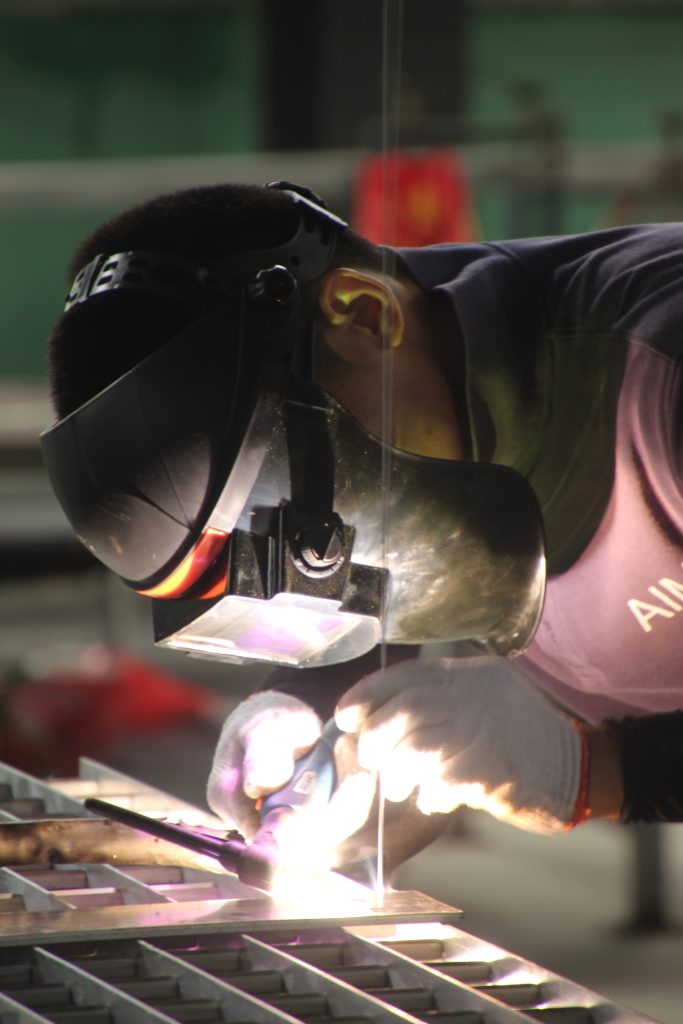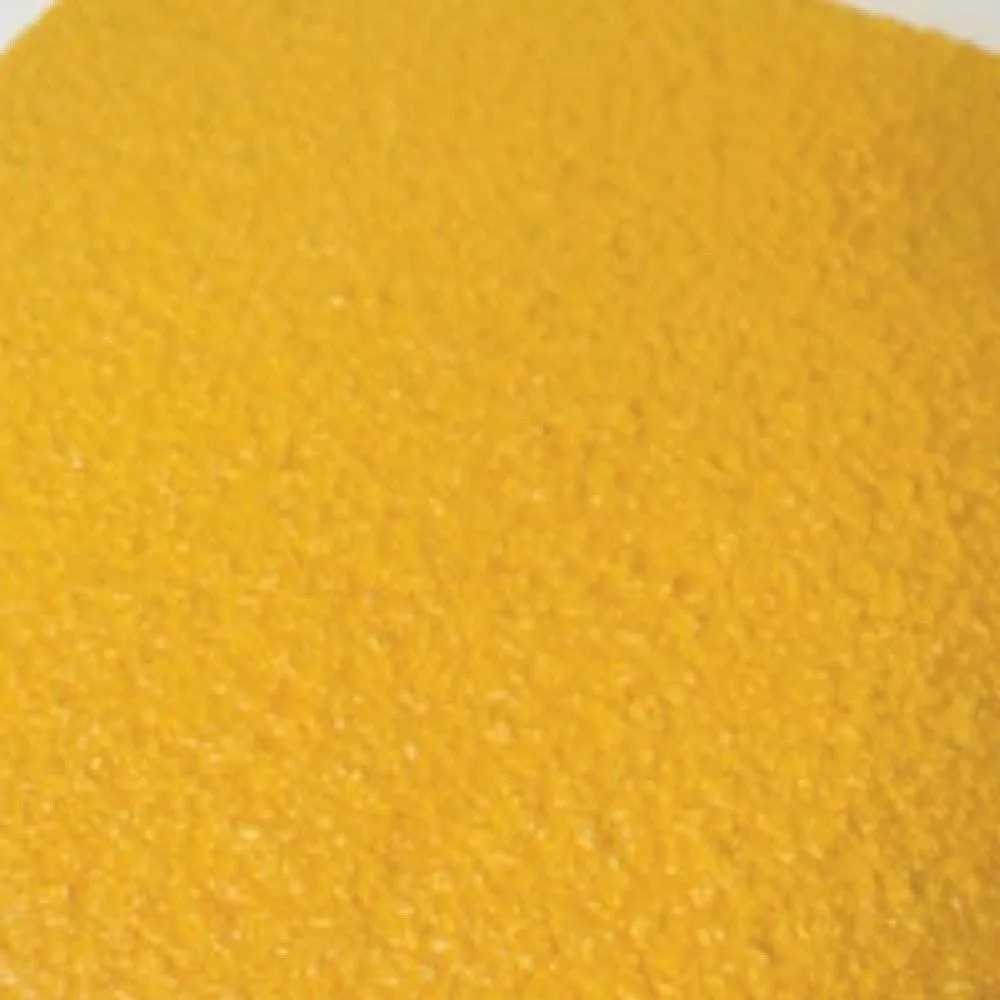Understanding Aluminum Fabrication
Aluminum is a metal highly favored across diverse industries for its unique properties. In fabrication, it offers numerous advantages, making it a preferred choice for various applications. Let’s delve into what aluminum fabrication entails and why it’s so advantageous.
Benefits of Aluminum in Fabrication
Aluminum’s malleability enables easy shaping and extension, rendering it highly adaptable for a range of projects. Here are some key benefits of using aluminum in fabrication:
- Lightweight: About one-third lighter than stainless steel, it boasts a superior strength-to-weight ratio.
- Ease of Use: Aluminum’s softness, corrosion resistance, recyclability, and non-toxic nature make it exceptionally convenient to work with.
- Cost-Effectiveness: Its affordability suits both small and large-scale projects.
- Non-Magnetic: Perfect for electrical applications involving magnet-sensitive components.
- Customizability: Aluminum can be crafted into various shapes, styles, and finishes.

Techniques of Aluminum Fabrication
Similar to other metals, aluminum can be fabricated using several methods, each offering its own advantages. Here are some popular techniques:
- Extrusions: Shaping aluminum by forcing it through or around a die, either hot or cold.
- Drawing: Stretching aluminum by pulling it through a tapered die.
- Forming: Pressing aluminum to achieve the desired shape.
- Castings: Pouring molten aluminum into molds or dies.
- Forging: Shaping aluminum by beating or compressing it, ideal for durable applications.
- Machining: Sculpting aluminum by removing material from the sheet.
- Waterjet Cutting: Cutting aluminum with a high-pressure water spray mixed with abrasives.
- Welding: Using MIG and TIG methods to bind aluminum pieces together.
- Adhesive Bonding: Bonding aluminum pieces with specific adhesives.
Diverse Applications of Aluminum
The versatile properties of aluminum make it suitable for a wide array of applications across different sectors:
- Aerospace: Utilizes aluminum for wings, fuselages, and parts due to its weight-to-strength ratio and corrosion resistance.
- Packaging: Cans and foil rely on aluminum’s workability, softness, and durability.
- Automotive: Employs aluminum to absorb crash forces and to make car bodies and components lighter for better fuel efficiency.
- Construction: Serves both as a decorative and structural material, appreciated for its energy efficiency and sustainability.
- Electronics and Electrical: Aluminum is used in power grids for wiring and conductors, and in consumer electronics for its thermal properties, lightweight, and structural integrity.
Exploring Aluminum Fabrication Services
If you’re intrigued by the world of aluminum fabrication and considering incorporating it into your projects, it’s time to explore the services offered by experts in the field. Companies like Alusite, with extensive experience in aluminum fabrication, can guide you through the process and help you unlock the full potential of this remarkable metal.
Exploring Various Aluminum Alloys
Aluminum fabrication involves working with different aluminum alloys, each offering unique properties and advantages. Understanding the characteristics of various alloys is crucial for achieving desired outcomes in fabrication projects.
Environmental Considerations in Aluminum Fabrication
Environmental sustainability is an important aspect of aluminum fabrication. Exploring eco-friendly practices, such as recycling, waste reduction, and energy-efficient processes, is essential for minimizing the environmental impact of aluminum fabrication operations.
Conclusion:
Aluminum fabrication is a continuously evolving field, offering practical and cost-effective solutions. Whether in the aerospace industry, automotive sector, or home construction, understanding the process and benefits of aluminum fabrication can unlock a world of opportunities for your projects. For more insights or personalized advice, reach out to experienced aluminum fabricators.

